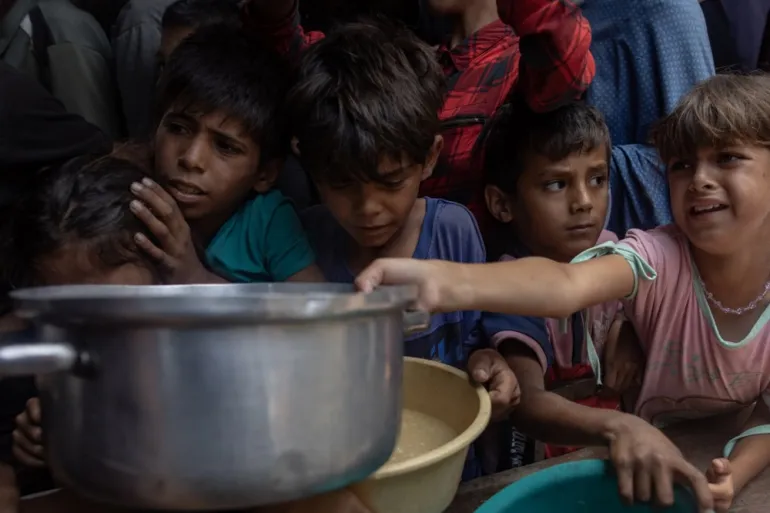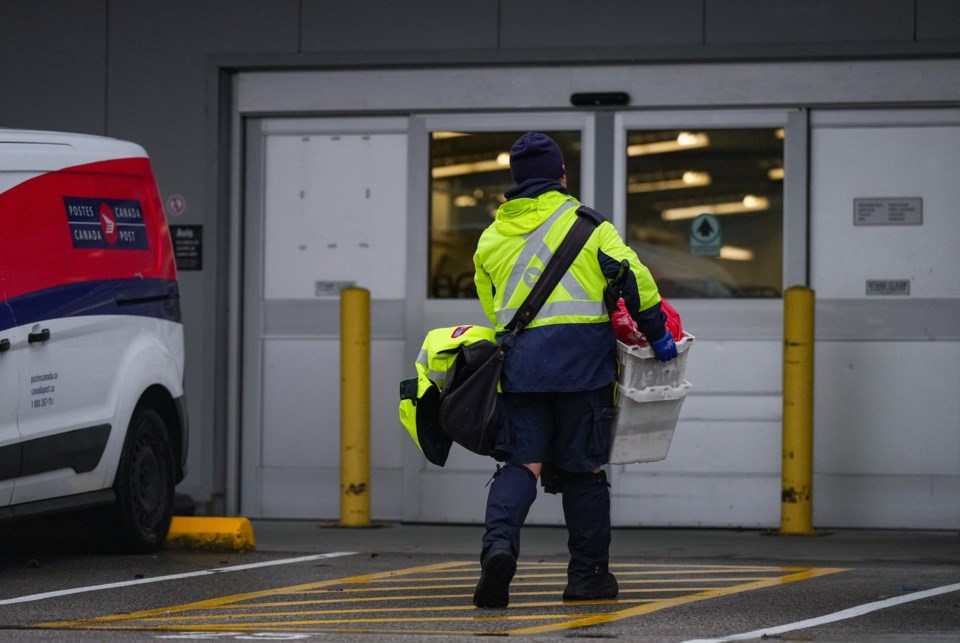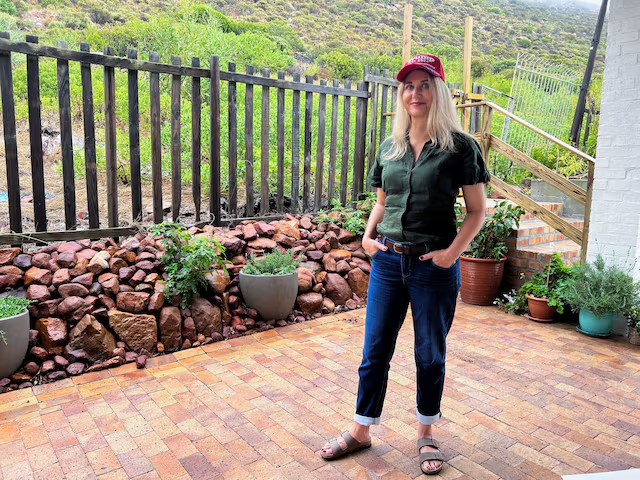Israel has announced it will allow limited shipments of food into Gaza through the Kerem Shalom crossing, even as it intensifies its military operations across the besieged Palestinian enclave. The decision, confirmed on Sunday, comes in response to mounting international pressure over the humanitarian catastrophe unfolding in Gaza, where widespread starvation and displacement have gripped the population.
The Israeli government said the move is aimed at averting a total humanitarian collapse but insisted it will not ease military pressure on Hamas. According to Israeli officials, the limited aid will include flour, rice, and baby formula—delivered under strict inspection protocols—and only through selected aid organizations vetted by Israeli authorities.
“We are not letting up on our military goals,” said an Israeli Defense Ministry spokesperson. “But we are taking steps to avoid an irreversible humanitarian disaster, especially for civilians not involved in terror activities.”
The decision follows reports from the United Nations and global NGOs warning of imminent famine in parts of Gaza, particularly in the north where fighting has been most intense. The World Food Programme said last week that more than half of Gaza’s 2.3 million residents face “acute food insecurity,” with many resorting to foraging or consuming unsafe water.
Gaza’s Health Ministry described the humanitarian conditions as “catastrophic,” blaming both the ongoing Israeli blockade and continuous aerial and ground attacks. According to Palestinian officials, over 54,000 people have been killed since the war began in October 2023—most of them women and children.
Despite the announcement, aid groups remain cautious. “One-time or token food deliveries will not avert famine,” said Richard Brennan of the World Health Organization. “We need sustained access, fuel, medical supplies, and safety for humanitarian workers.”
Israel’s renewed offensive in central and southern Gaza continues to escalate. In Rafah and Khan Younis, airstrikes and tank shelling were reported overnight, with dozens killed. The Israeli army claims it is targeting Hamas fighters and command centers but admits that civilian casualties are “unavoidable” due to Hamas’s alleged use of densely populated areas.
Meanwhile, ceasefire talks remain stalled. Mediators from Egypt, Qatar, and the U.S. have been unable to bring both sides to an agreement, with Israel demanding the release of hostages held by Hamas and Hamas insisting on a permanent ceasefire and full withdrawal of Israeli troops.
Hamas denounced the partial aid opening as a “PR stunt,” accusing Israel of manipulating humanitarian aid for political leverage. “This is not a gesture of mercy—it is an attempt to whitewash war crimes,” said Hamas spokesperson Fawzi Barhoum.
The U.S., while maintaining its military and diplomatic support for Israel, has increasingly urged Tel Aviv to allow more aid into Gaza. In a recent statement, U.S. Secretary of State Antony Blinken said, “We welcome steps to improve humanitarian access, but we need to see a sustained and meaningful increase in aid flows, not a temporary fix.”
Protests have erupted globally, calling for an end to the siege and more pressure on Israel. In London, Paris, and Washington, thousands marched this weekend in solidarity with Gaza, demanding a ceasefire and immediate humanitarian intervention.
As the conflict continues with no resolution in sight, humanitarian agencies warn that Gaza is on the brink of total societal collapse. Even with Israel’s decision to permit limited food shipments, the scale of need far outpaces the aid being allowed in.
“Every hour counts,” said Philippe Lazzarini, head of the UN Relief and Works Agency. “Without a full ceasefire and unfettered access, we are simply watching a people starve in real-time.”
Israel’s policy shift, though significant in the context of months of blockade, is being viewed more as a tactical concession than a strategic pivot. For Gazans trapped amid airstrikes, starvation, and displacement, the aid may offer brief relief—but the war and its horrors remain.
Source: Al Jazeera



